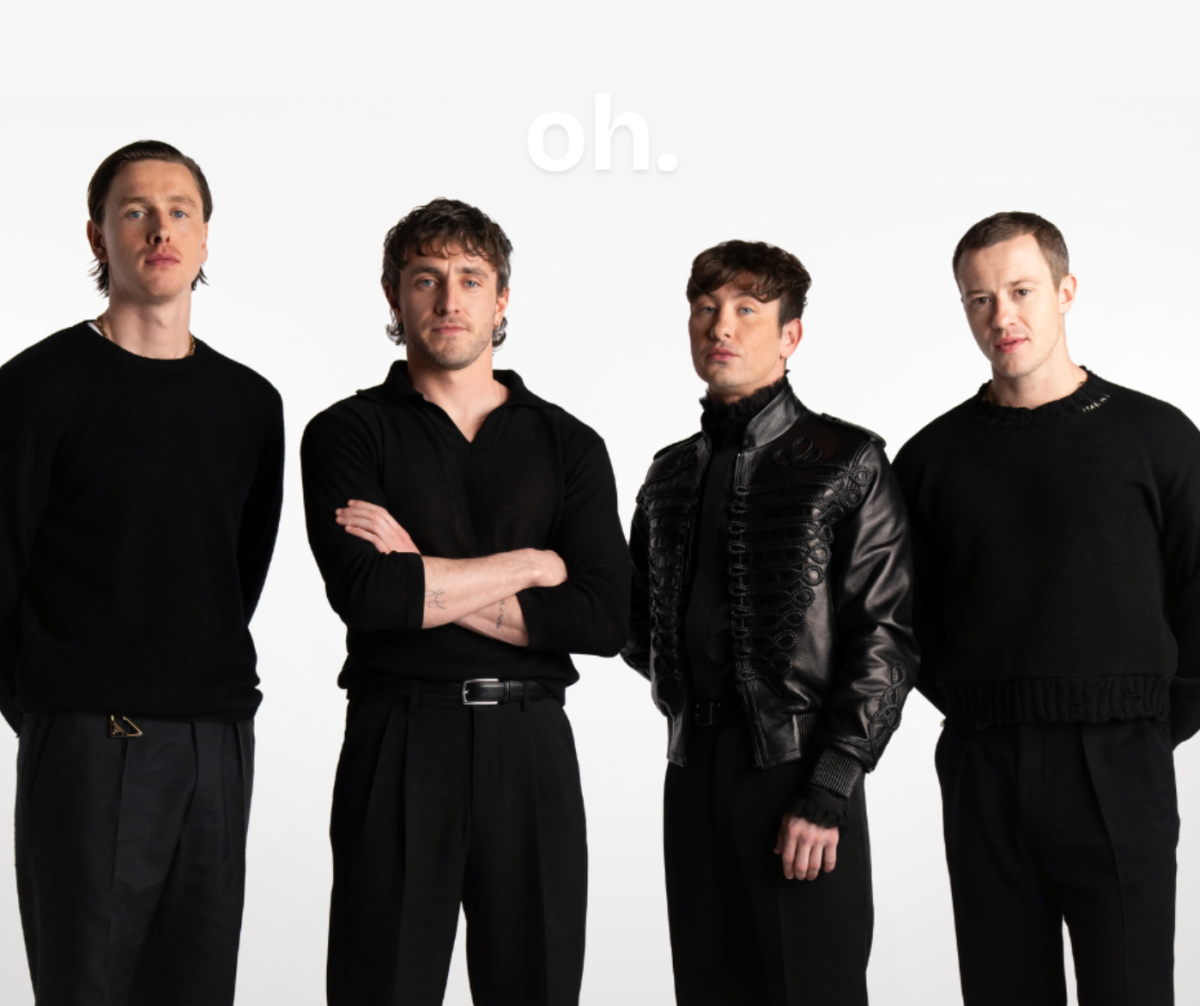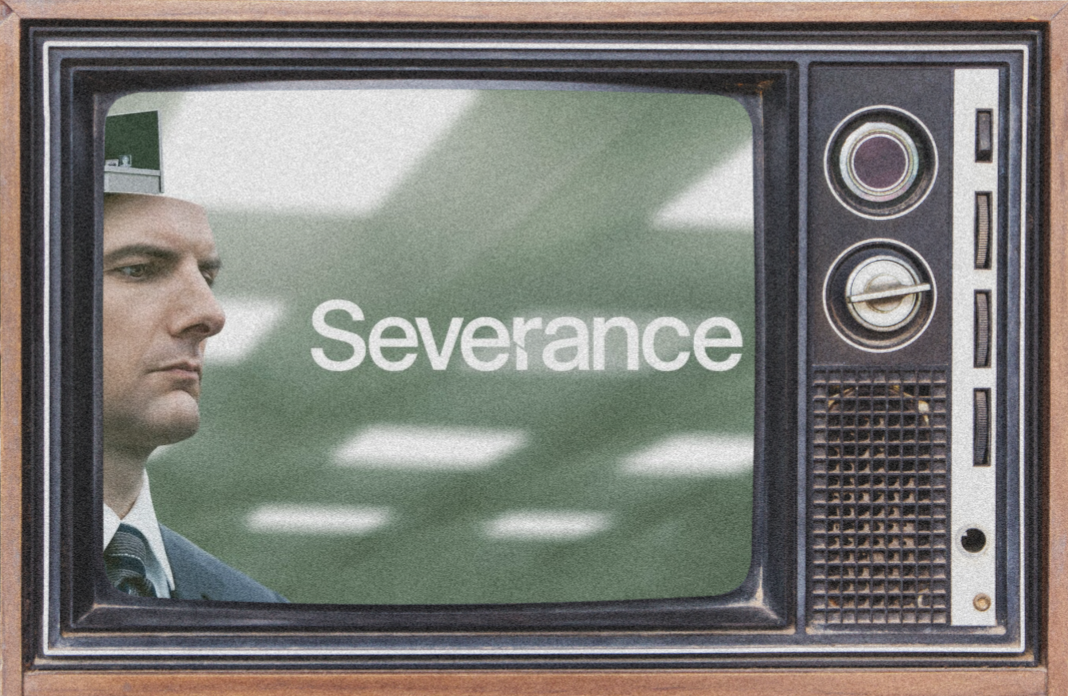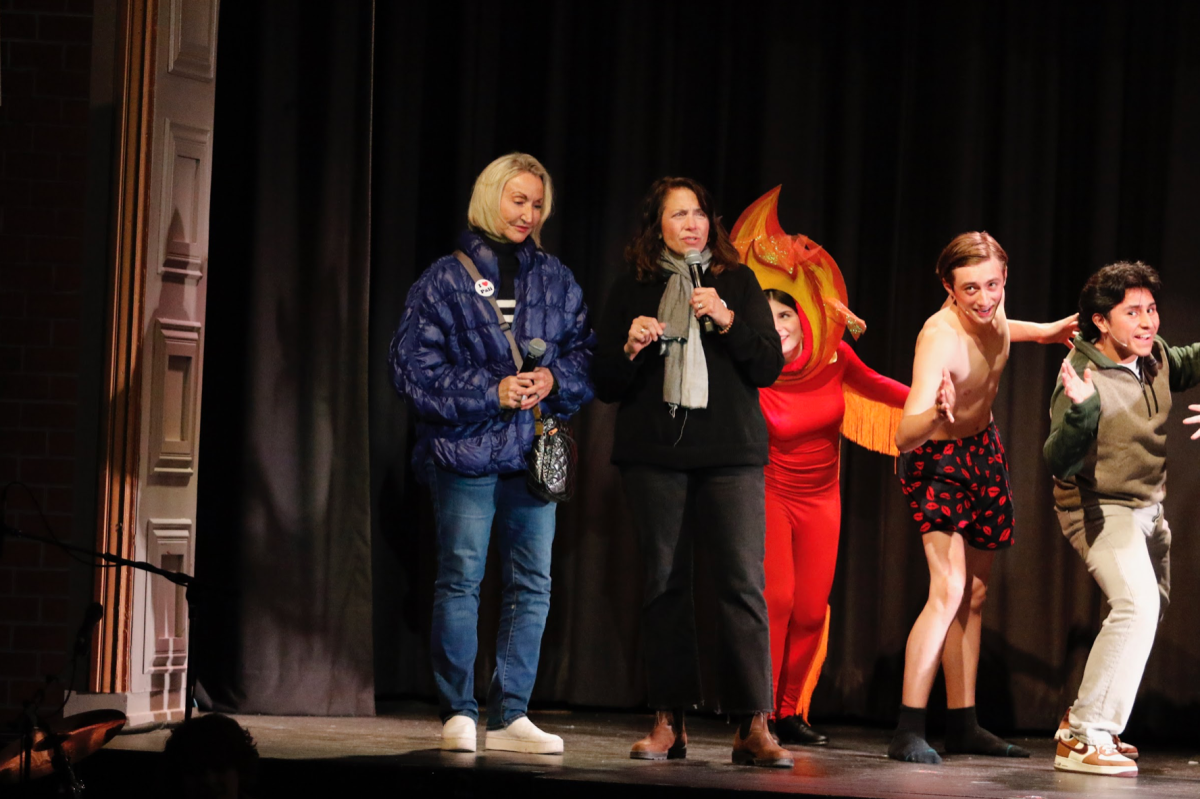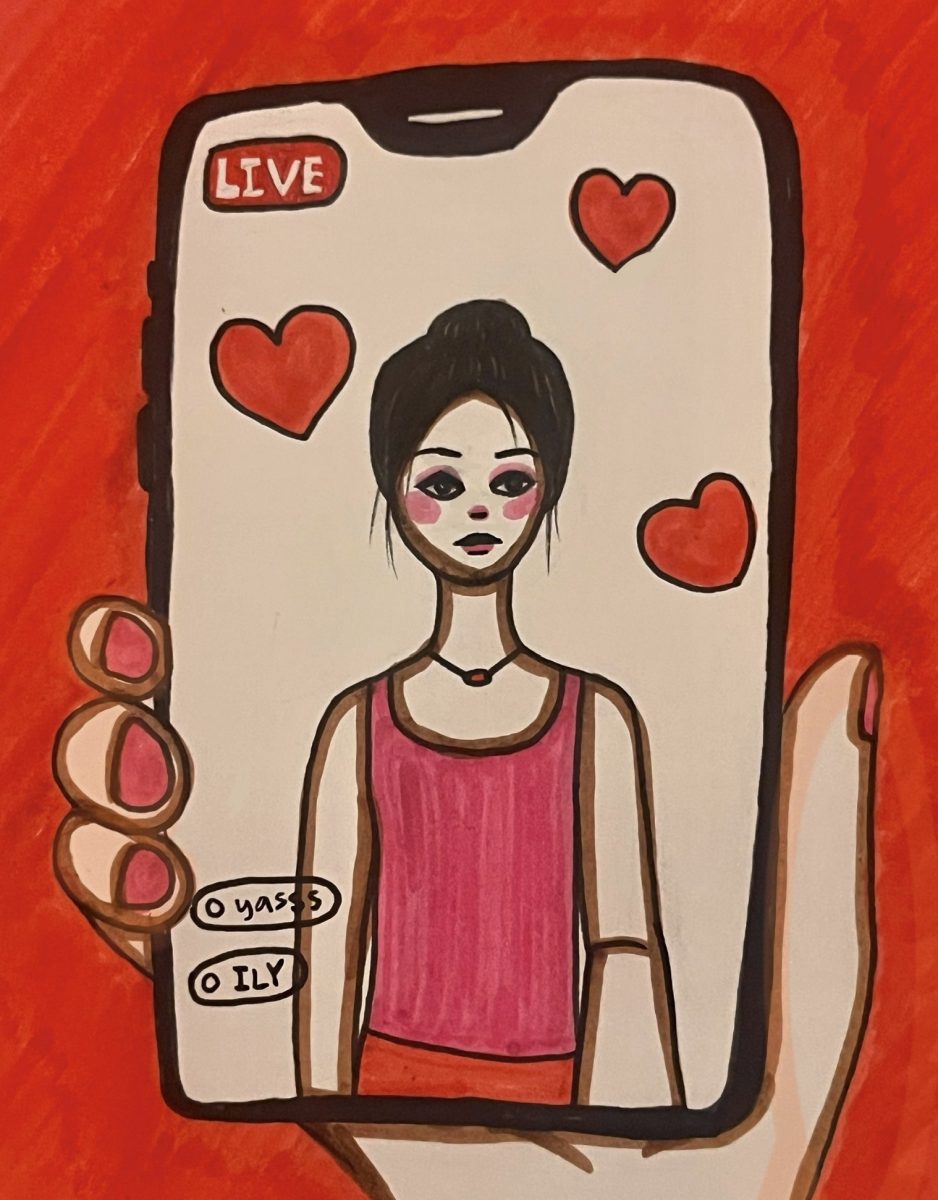Few things are as unsettling as hearing that Barry Keoghan has landed a lead role in a new film. (Hot take?) The only thing more disturbing, however, is learning he’s set to portray global sweetheart Ringo Starr in Sam Mendes’ upcoming Beatles biopic, slated for 2028.
As for the rest of the cast, Paul Mescal will play Paul McCartney, Harris Dickinson steps in as John Lennon and—this next one pains me to write—Joseph Quinn takes on George Harrison. Together, they round up the British band in the four-part Beatles biopic, with each film telling the story through the eyes of a different member.
Although filming for the series has yet to begin, I think it’s fair to say that the casting was certainly a decision. Not the right one, perhaps, but a deliberate choice all the same.
Not to get it confused—I love most of these actors and their work in previous projects. Just refer to the Paul Mescal calendar hung up on my bedroom wall. However, it seems that the casting choices were made with the assumption that these are the actors the public most wanted to see portraying the band. Maybe I’m not seeing the vision (I’m definitely not seeing the vision), but when I look at Keoghan, Mescal, Dickinson and Quinn, it feels like the selection was more about their popularity than about capturing the essence of the band, likely aimed at drawing in a larger audience. Overall, this seems like a strategic move to evoke the fervor of Beatlemania in a modern context.
Mendes’ casting choice has sparked significant debate among fans, who feel that the selection of well-known actors over lesser-known talents may undermine the authenticity of the portrayal. This story is about four men who were initially nobodies; casting four distinguished actors ultimately goes against the grain of the story. The biopic could have been a great opportunity to cast four young and new British actors, but alas, we are stuck with some teenager’s Wattpad boyfriend lineup.
Hollywood’s approach to the films feels more risk-averse than visionary. While Mendes has described them as a bold and “binge-able theatrical experience,” the decision to rely on star power raises the question about his creative confidence behind the storytelling itself.
With all that being said, social media’s reaction to the casting arguably reveals a deeper cultural tension between celebrity-driven storytelling and the public’s desire for authenticity, representation and fresh voices across media. It’s easy to become skeptical of media choices that seem elitist, especially when there’s an increasing reliance on fame and marketability in film. In turn, this creates a roadblock to legitimate portrayals.
This casting controversy fits into a larger pattern where Hollywood often overlooks accurate or diverse casting in favor of commercial considerations. Real progress in on-screen representation has been slow, with systemic barriers still limiting opportunities for underrepresented groups. A perpetuated cycle where the same types of actors and stories dominate has narrowed the range of perspectives and experiences depicted across media. Mendes’ casting decision is reflective of a larger trend of eroding authenticity, diminishing audience immersion and reinforcing the industry’s resistance to change.
In contrast, directors Deb Zane and Dylan Jury’s casting for The Hunger Games: Sunrise on the Reaping has been praised for its authentic representation and fidelity to the source material, blending diverse, emerging talent alongside established actors to create a cast that truly resonates with fans. Zane and Jury have proven that it’s possible to balance inclusivity, accuracy, and commercial success with respect to the franchise. They’ve evidently focused on creating a good story and are trusting that the fans come through—an approach that Mendes neglected to consider.
The controversy behind the biopic’s casting is emblematic of Hollywood’s ongoing struggles with representation and inclusivity. It reveals how commercial interests often override opportunities to elevate underrepresented voices and deliver more genuine, resonant storytelling—something that we need now more than ever. And if Mendes insists on a marquee name to draw audiences, he already has the biggest one of all: The Beatles.









